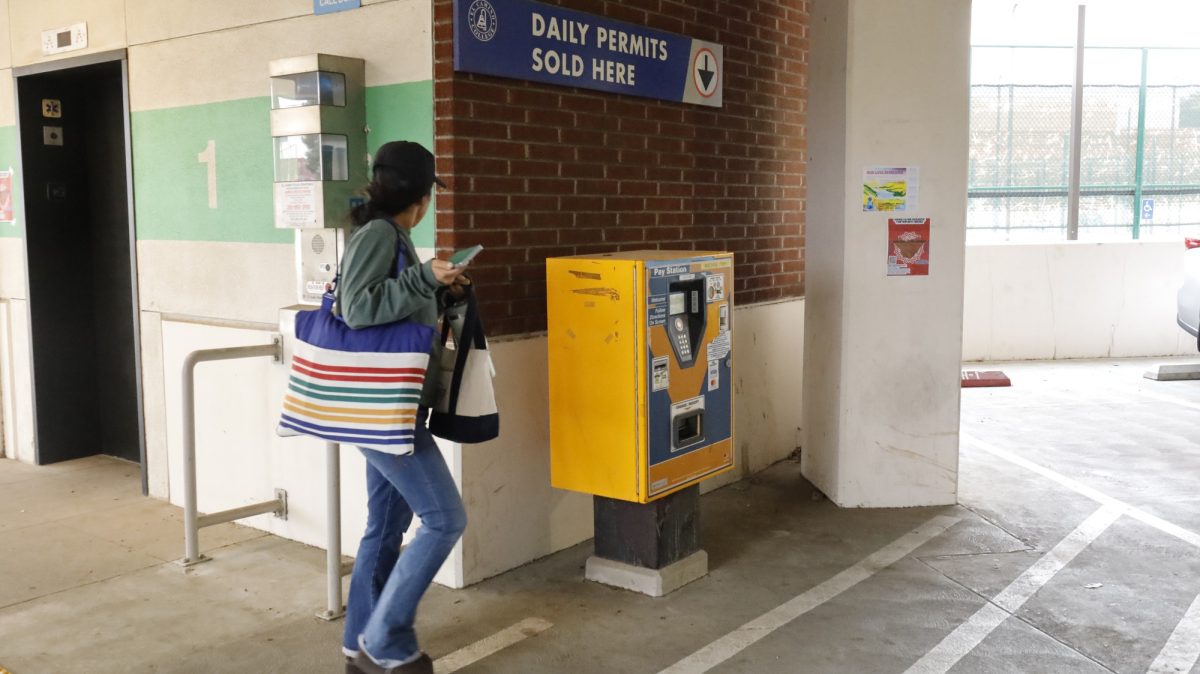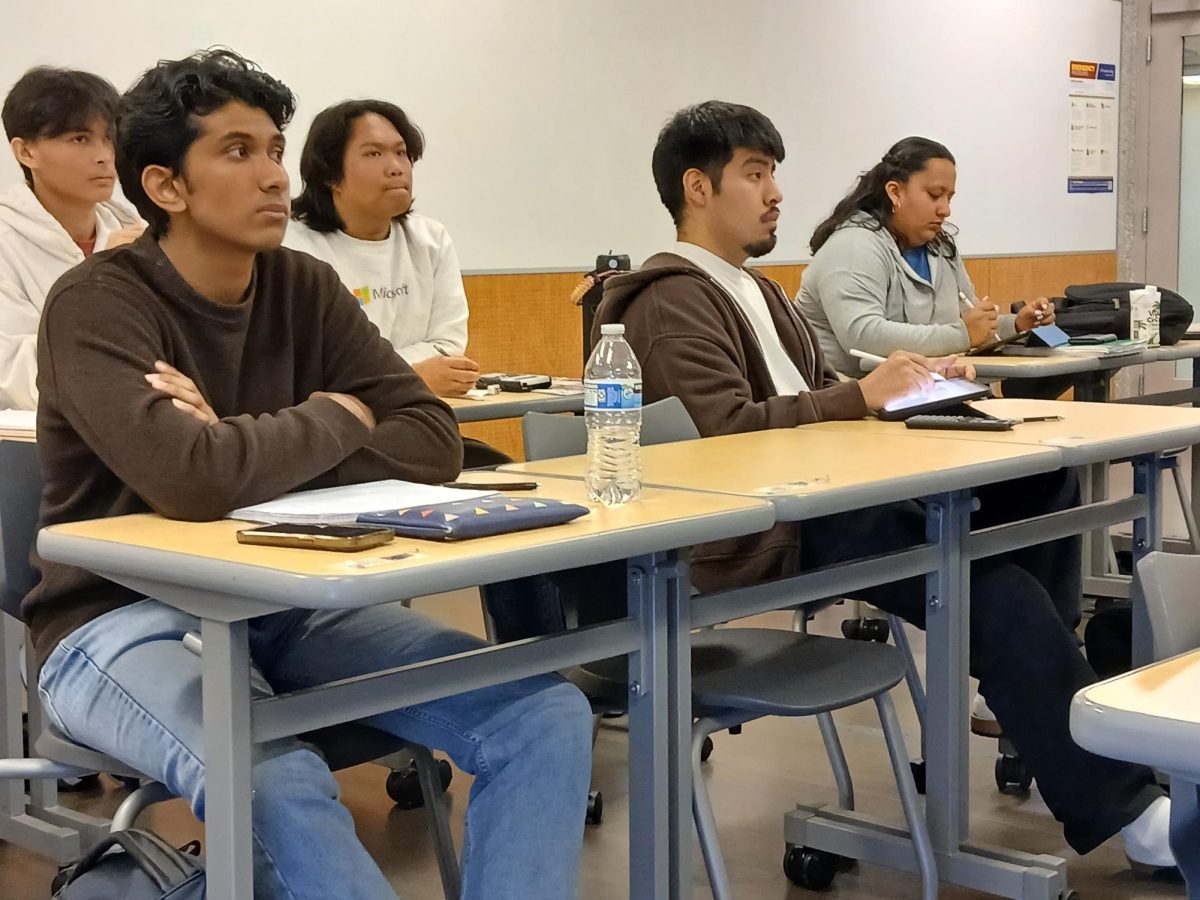El Camino College saw an increase in sexual fondling in 2023 compared to the previous year, according to the college’s annual security report.
In 2023, eight reported cases of sexual fondling occurred at El Camino, compared to to just one in 2022.
Fondling is described as, the touching of private body parts of another person for the purpose of sexual gratification without the victims consent.
In comparison Santa Monica and Pierce College each only had one reported case of sexual fondling in 2023 according to the annually released security reports put out by both colleges.
Stalking at El Camino saw a decrease with 10 reported cases in 2022, while there were seven cases reported in 2023.
While stalking cases at El Camino did decline, they remained high when compared to Santa Monica and Pierce.
Both Colleges had zero reported stalking cases in 2023.
El Camino’s most recent stalking case was reported to the El Camino College Police Department on Oct. 16 and occurred in the Schauerman Library on Sept. 24.
In response to these incidents, students have a variety of alternatives when they encounter such misconduct. Police may be notified, ask the Title IX office for information and references, and possibly file a complaint against the accused individual.
Concerns over campus safety have been raised by several students on campus, due to an increase in these incidents, particularly in isolated areas where police presence is less visible.
“You never really see them near the parking garages and outer edges of the campus, where there’s not a lot of people around,” Christiana Frazier, a 19-year-old sociology and elementary teacher education double major said.
Luna Martinez, an 18-year-old film major, feels more can be done to ensure stronger security on campus.
“I feel like they [law enforcement] need to increase the police presence because I did notice when I waited for my ride by the music building, they arrive late to patrol the area.”
The Union made multiple attempts to reach Ruben Lopez, ECCPD’s interim chief of police for comment, but did not respond to phone calls regarding the matter.
If students wish to file a crime, such as sexual assault or stalking, which are both Clery-reported crimes, falling under the Title IX office, the Clery coordinator will receive the crime statistic, but no personal information will be given.
Jaynie Ishikawa, who serves as the director of the Title IX office emphasizes in certain situations, specific information must be provided to campus entities in order to ensure campus safety.
“My office can’t guarantee confidentiality, depending on the circumstances,” Ishikawa said.
Confidential options are available to students, such as Student Health Services, which includes counselors or nurses who, depending on the circumstances, are not required to immediately report incidents to the Title IX office or the police department, allowing students to seek assistance if they do not want to officially file a complaint.
The most recent training on sexual violence, which is required by AB 2683 to be provided to students and employees at California Community Colleges, is one of several ongoing training programs that have been put in place for staff, faculty and students.
“We try to be as straightforward as possible, so that students have as much information and can understand what the process looks like and what they can expect,” Ishikawa said.
Editors Note:
- More information was added to the story for clarity on Nov. 10 at 10 p.m.








![Physics and astronomy professor Susan Stolovy presents astronomical news and updates to attendees at the first planetarium show of the semester at El Camino College on Friday, March 28. Prior to becoming a professor at ECC, Stolovy completed her doctorate in physics and worked as an astrophysicist for NASA and the California Institute of Technology on spacecraft missions. "[I'm] still very tuned into what's going on in the world of research as well, and I hope to bring a little bit of my experience into the classroom," Stolovy said. (Nikki Yunker | The Union)](https://eccunion.com/wp-content/uploads/2025/03/planetarium-Made-with-Clipchamp-3-frame-at-0m28s-1200x675.jpg)
